In the Pacific Northwest, the shoulder season between winter and spring is heartbreaking. After a crushing palette of mud, storm clouds and evergreens, nature treats us to eye-popping yellow! purple! orange! as bulbs rise up. A zing fills our hearts—until the hail shreds petals and drives us back indoors.
The algebra of my pandemic? Monotony + Anxiety = Netflix + Cake.
The shoulder season of the pandemic is not dissimilar. People are being vaccinated! Infection rates are low! Charts and graphs are trending positive! We begin to feel like flower bulbs ourselves, emerging from pajama-town, from the zoom-kingdom of our bedroom/yoga studio/office in hard pants and earrings! Why then do we feel so muddled? Why is late stage pandemic filling us with anxiety and slowing our return to the world? And, what can we do about it?
When the pandemic took hold, thirteen months ago, I adopted a can-do spirit. I can be a team player! I can lockdown to keep myself, my family, and everyone else safe. It’ll be like, what? Six weeks? And then of course everything turned into a ‘stuck at the gate’ nightmare where Covid-19 Airline kept delaying the flight but never cancelling. I straightjacketed all my anxiety outside of my body because if I allowed myself to feel it, I would be swamped. I thought I’d read more. I thought I’d practice French. I thought I’d slay on the guitar. I thought I’d finish my novel. But, it turns out that as the weeks stretched to months I slayed at nothing. The algebra of my pandemic? Monotony + Anxiety = Netflix + Cake.
Read More: Readers’ 2020 Memories: Dancing on a Beach and Other Bright Spots in a Dark Year
What’s the New Etiquette?
Overall my family survived. We grieve lost friends, none of whom died from Covid-19. We kept our jobs and homes. No one is suffering from long haul symptoms. But my mother is far away and alone. My adult children made it through, a bit lonely, a bit frustrated for the lost year, but well enough. I feel grateful for my easy ride, and guilty about the disparities of suffering.
I also wonder why I’m on the struggle bus now. In an unscientific survey, here is what friends wonder about:
- If I still cross the street to avoid people when I’m walking my dog, how will I ever feel comfortable on a plane? At a concert? A movie theater?
- Will it ever feel normal to have guests in my house?
- I love going to bed at nine! Do I have to give that up?
- I met zero goals I set for myself during lockdown. How can I accept that I failed the pandemic?
- Will I be able to dial back my wine/edible/nicotine increase?
- Do I even know how to sustain eye contact anymore?
- What social justice lessons did we learn? What will stick?
- It’s easier to grieve when the entire world is locked inside. We have been a worldwide community of anxious, lonely, bored and grieving people. As people begin to emerge, my pain will once again be unique. How will I manage when I feel like only one still inside?
It’s a stew of big and small difficulties—things we won’t overcome with a vaccine and a good night sleep. When there has been so much loss, it is hard to gloss over this transition with bromides like this one I recently came across: if I cope well now, I can create positive meaning out of this experience, or its inverse, the more positive meaning I create out of this experience the better I cope. It’s hard to create positive meaning, to cope, when there are holes in the middle of our lives. So let’s cut ourselves some slack, okay?
Micro Happiness Triggers
Washing dishes yesterday evening, I watched my neighbors in their backyard. The grandparents had just flown in and were seeing the adorable toddlers for the first time in a year. The children ran circles around their grandpa, shrieking with laughter, and his smile? It glowed, lit up the twilight. What I was witnessing, once so normal, now seemed a moment of reverence. My hands stilled in the dishwater, a lump rose in my throat. I believe these moments, Micro-Happiness Triggers, they will bring us back, they will help us to create positive meaning and to cope.
What I was witnessing, once so normal, now seemed a moment of reverence.
So what is a Micro-Happiness Trigger? A kind word, a favorite song, a glass of wine with a pal you haven’t seen IRL for months, a slant of light that gives rise to a fond memory, any and all of these can trigger a feeling in our bodies, somatic responses, warmth, expansion, light passing over our faces, our hearts.
Nearly every morning, while I linger in bed, my husband goes downstairs to let the dog out and pour us coffee. Soon I hear the patter of paws, and then the dog pogoes into bed beside me. That galloping sound? That’s a Micro-Happiness Trigger (henceforth to be known as an MHT). Same as it was when the patter was my children, running into our room in the morning. My husband, holding two mugs, is also an MHT. I started making a joke when the coffee, the dog, and my husband arrived, “Well, best part of the day is over!”
The Way to a Post Pandemic World
But why? A happiness trigger is the expectancy of good to come. It’s anticipatory pleasure. Surely those can happen all day long. Maybe the way out of this pandemic shoulder season is to seek them out. Here’s a few of mine:
- waking to birdsong
- self-help section of the bookstore (hope springs eternal!)
- ping of a text from a pal
- opening notes of a fav song (“Sweet Baby,” by Macy Gray.”All I Want,” by Joni Mitchell. “April in Paris,” by Ella.)
- new Lorrie Moore, Tana French, James McBride novel
- onions and butter on the stove
- freeway exit to my home town
- tight fist of a peony
- smart women talking and people listening
Nearly ten years ago, when I was diagnosed with breast cancer, my therapist told me right then, cancer was driving the car. In a while, cancer would be in the passenger seat, then the backseat, then the trunk (tied up and muzzled with duct tape), and finally dumped by the side of the road. It doesn’t mean I didn’t learn anything about myself through the treatment, it doesn’t mean my priorities weren’t rearranged. It just meant that I’d eventually leave the anxiety and fear of the experience behind me.
As we move toward summer, toward gathering together, giving and receiving hugs, I believe the pandemic year will make the same migration to the trunk and then the side of the road. Help it along, seek out your MHTs and share please. I want a stockpile!
Read More: “There’s a Man in My Bed” and Other Silver Linings in These Trying Times
Natalie Serber is the author of a memoir, Community Chest, and a story collection, Shout Her Lovely Name, a New York Times Notable Book of 2012, a summer reading selection from O, the Oprah Magazine, and an Oregonian Top 10 Book of the Pacific Northwest. She lives in Portland, Oregon. Visit her online at natalieserber.com.


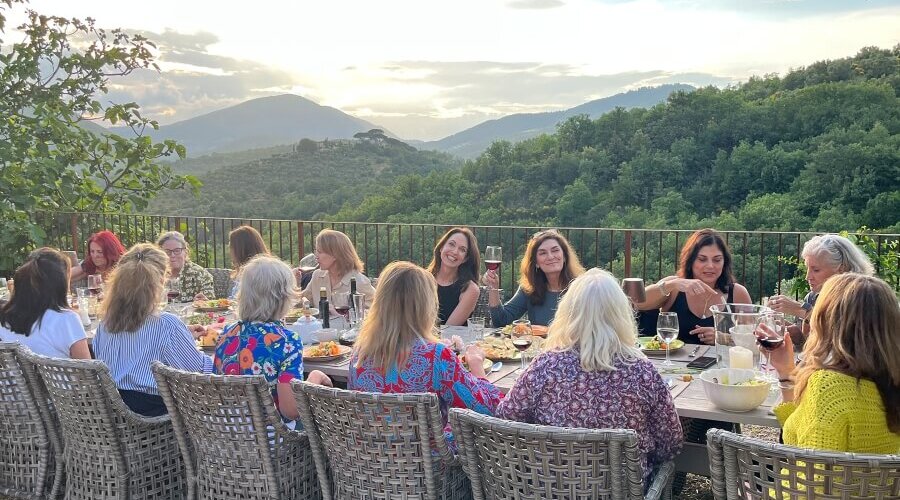
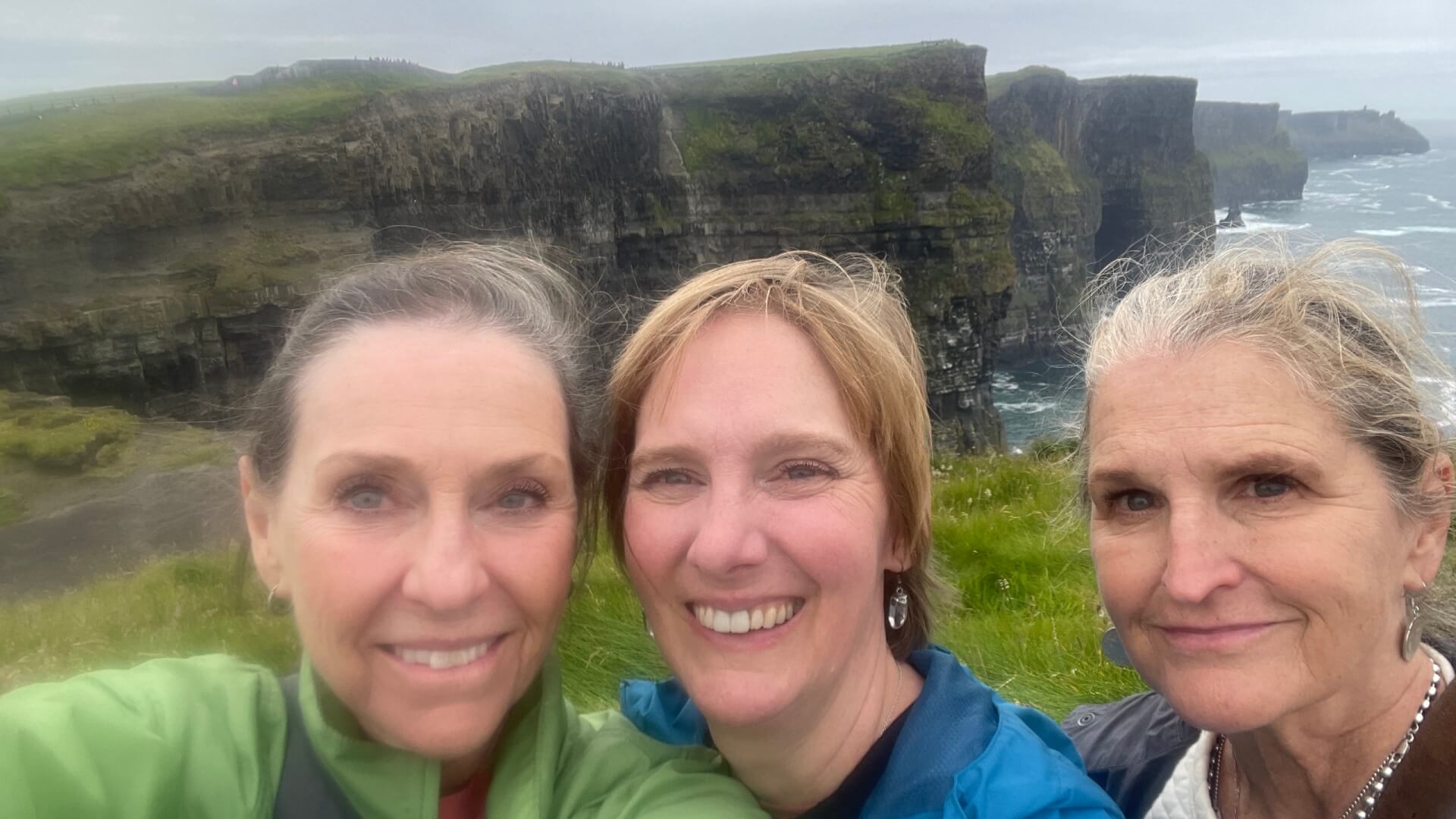
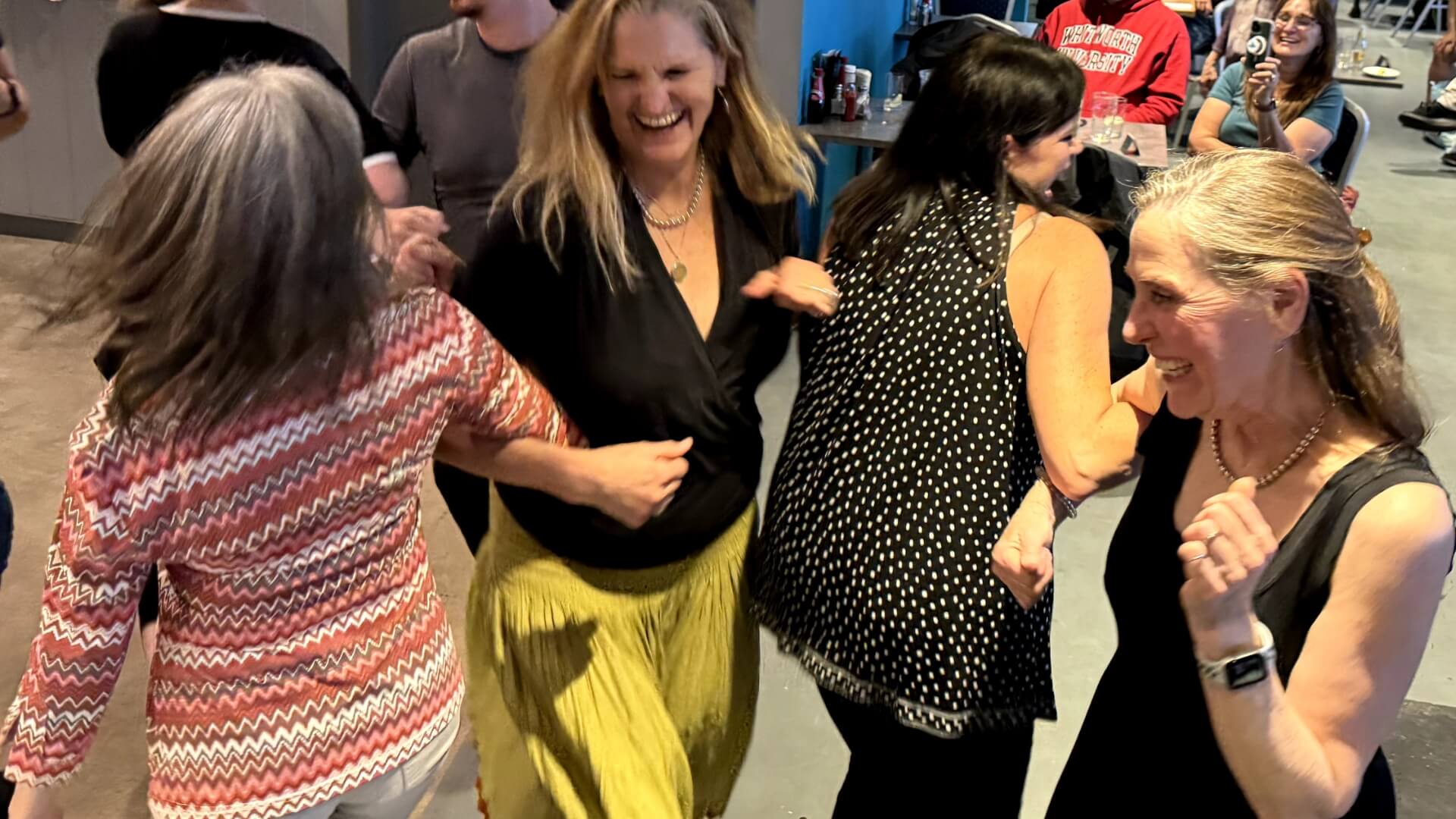



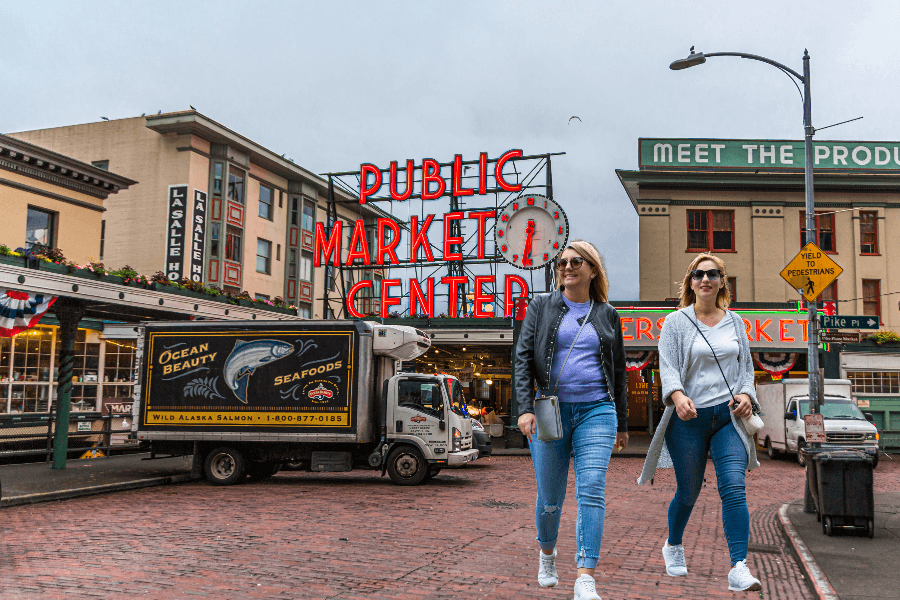




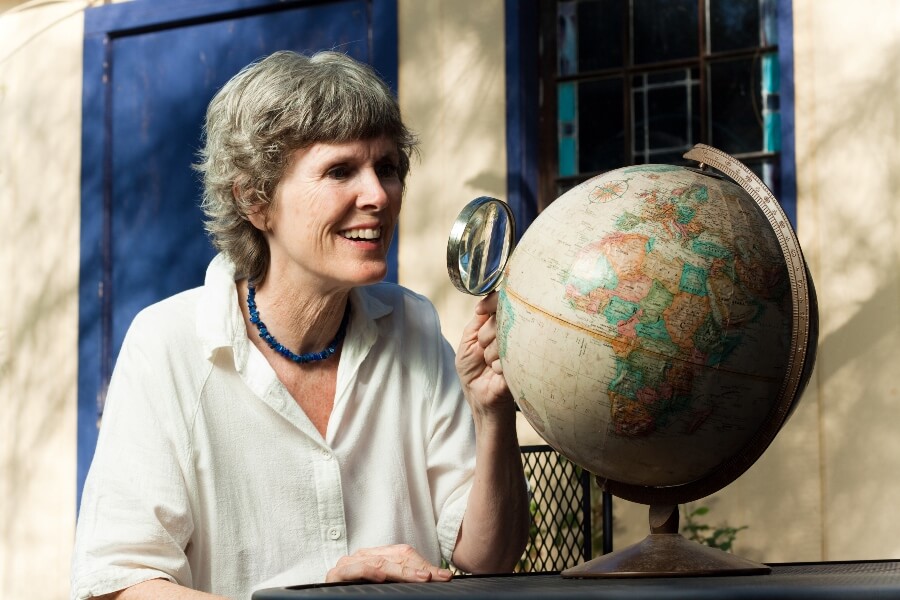
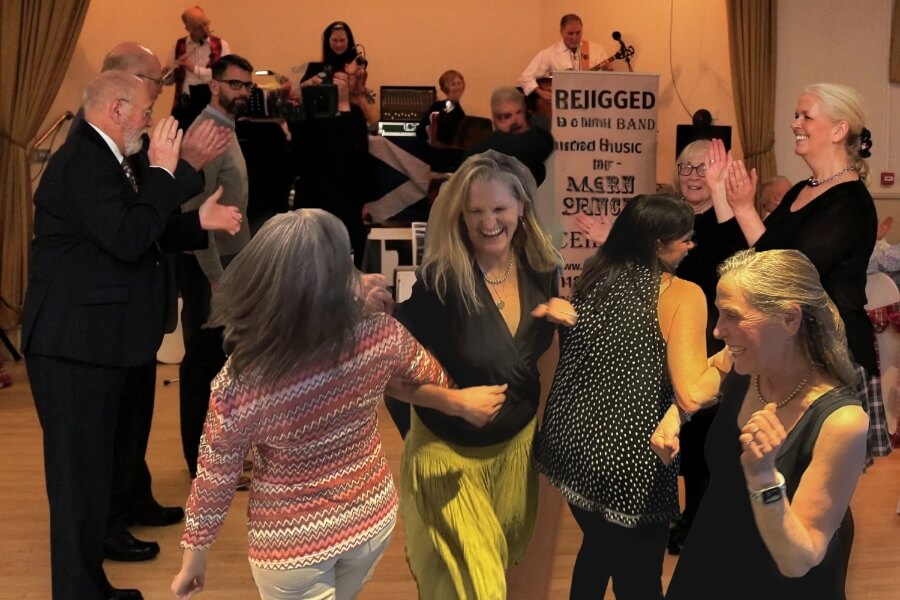

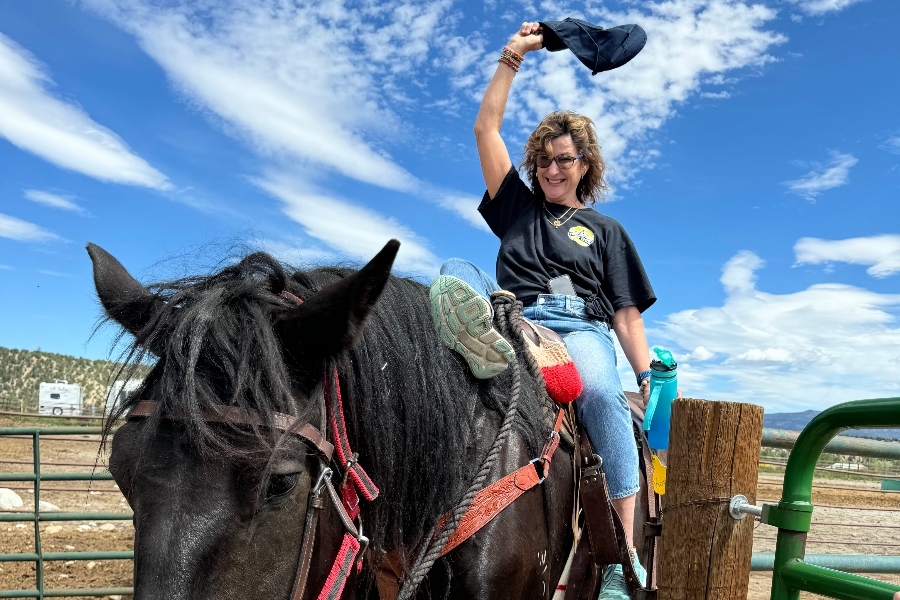


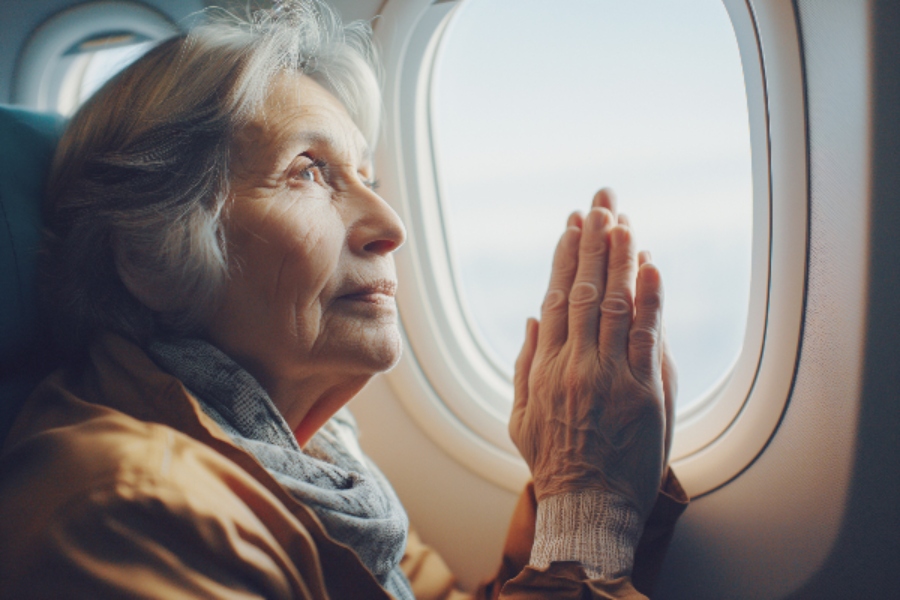
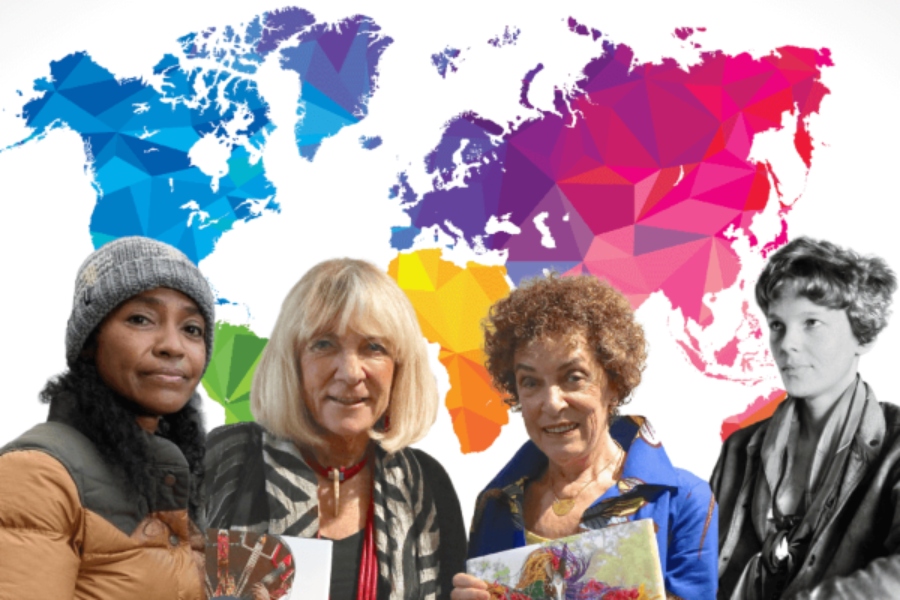

0 Comments